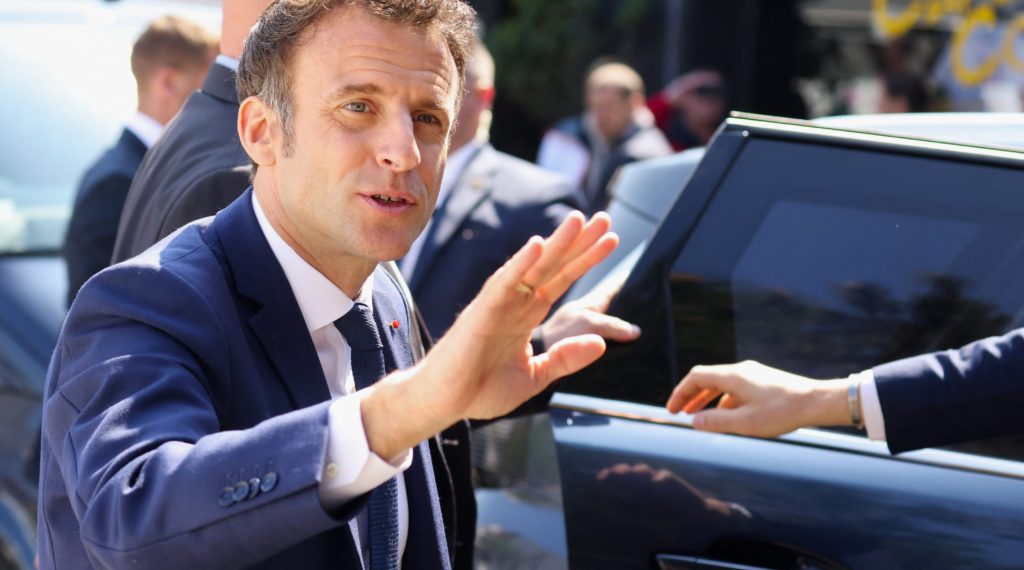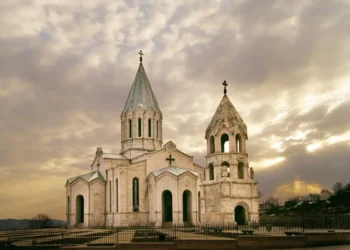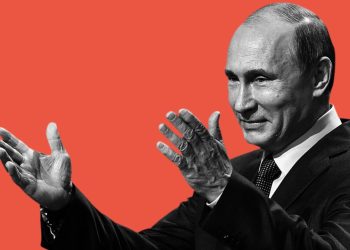PARIS (Realist English). French President Emmanuel Macron managed to be re-elected for a second term for the first time since Jacques Chirac, which happened in 2002. 58.5% of voters voted for him, while 41.5% voted for Marine Le Pen. We see that over these five years, the gap between Le Pen and Macron has decreased. In the 2017 presidential election, 34% voted for her in the second round, and 66% voted for Macron. That is, Macron has become less popular in the French society, and he was voted for as the lesser of the two evils.
At the same time, the turnout in the second round was only 72%, which is 3% lower than in the last elections of 2017. This is the lowest turnout in the history of the Fifth Republic, except for the presidential election in 1969 immediately after the departure from the political scene of General Charles de Gaulle. Then the turnout was about 69% of voters.
The French society is now highly segmented — against the backgdrop of the collapse of traditional parties, the figure of Jean-Luc Mélenchon, for whom almost 22% voted in the first round, stands out sharply. He is not far behind Le Pen. The leader of the ” La France Insoumise” (The Insubordinate France, France Unbowed) movement has already announced his desire to become Prime Minister. It is obvious that his political platform will become an important factor in the domestic policy of France in the coming years.
Macron sets ambitious goals for his second term. These are ensuring full employment of the French population by the end of the second term, guaranteeing food security, strengthening the defense capability of the army, developing nuclear energy and much more. He sees raising the retirement age from 62 to 65 as one of his main tasks — a reform that he failed to complete during his first term due to mass protests.
Now the situation is completely different. If during the first presidency the desire to be re-elected for a second term was the limiter, now this task has been solved. Macron understands that at the end of his mandate he will not be able to claim power in the rank of president, so he will more boldly and decisively advocate the implementation of the neoliberal socio-economic agenda of his reform program.
The only serious barrier to the will of the French President may be the upcoming parliamentary elections, which are to be held in two rounds on June 12 and 19 this year. Much will depend on the actions of the opposition. Now it is quite split — the non-systemic left and right are not ready to cooperate with each other — this was well demonstrated by Mélenchon’s attitude towards Le Pen after the first round of elections.
In the last two presidential campaigns, the classical parties have demonstrated their ideological and organizational impotence. These political forces are in a deep knockout. Macron’s team might take advantage of the current situation and turn it in their favor. In this context, the creation of an opposition parliamentary majority and, as a consequence, the nomination of an opposition head of government is an issue with many unknowns. While the opposition leaders will not be able to negotiate with each other, Macron’s entourage will continue to determine the political agenda.
In the near future, we should expect mass protests and demonstrations from the left as Macron implements his promised neoliberal agenda, which includes pension reform. The left have already shown themselves immediately after the election, expressing dissatisfaction with the election of Macron as president of the country. Therefore, the coming years in France will undoubtedly be hot.
Igor Ignatchenko — Ph.D., historian, associate professor of the Institute of Social Sciences of the RANEPA (Russian Presidential Academy of National Economy and Public Administration), special to Realist English


















